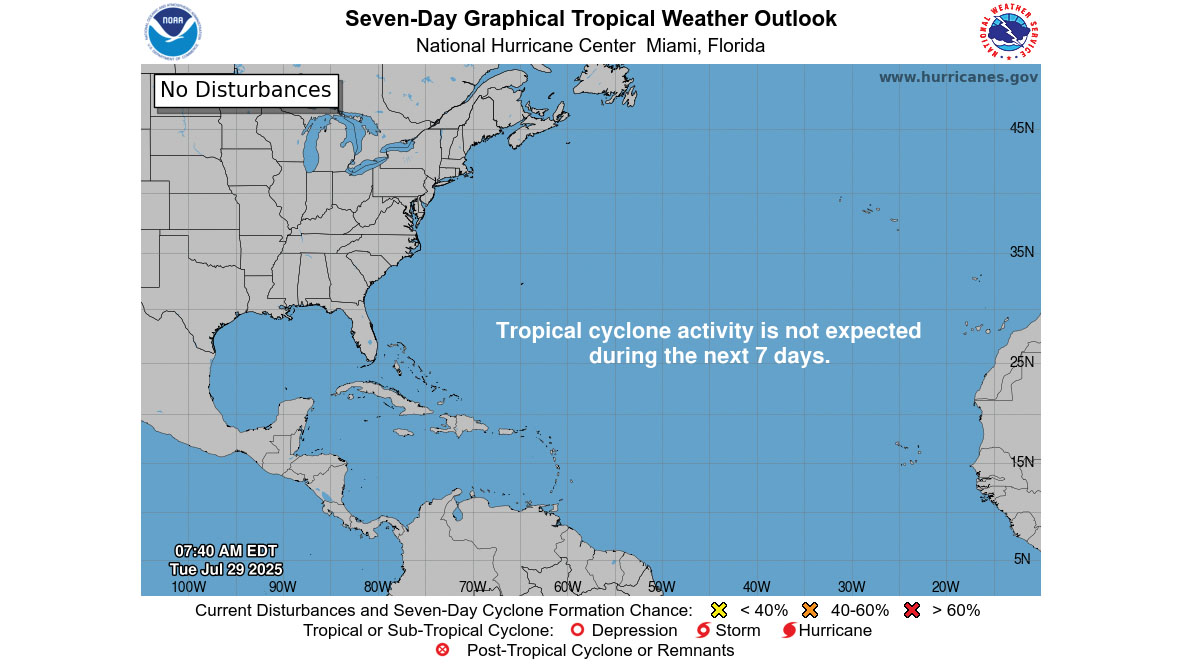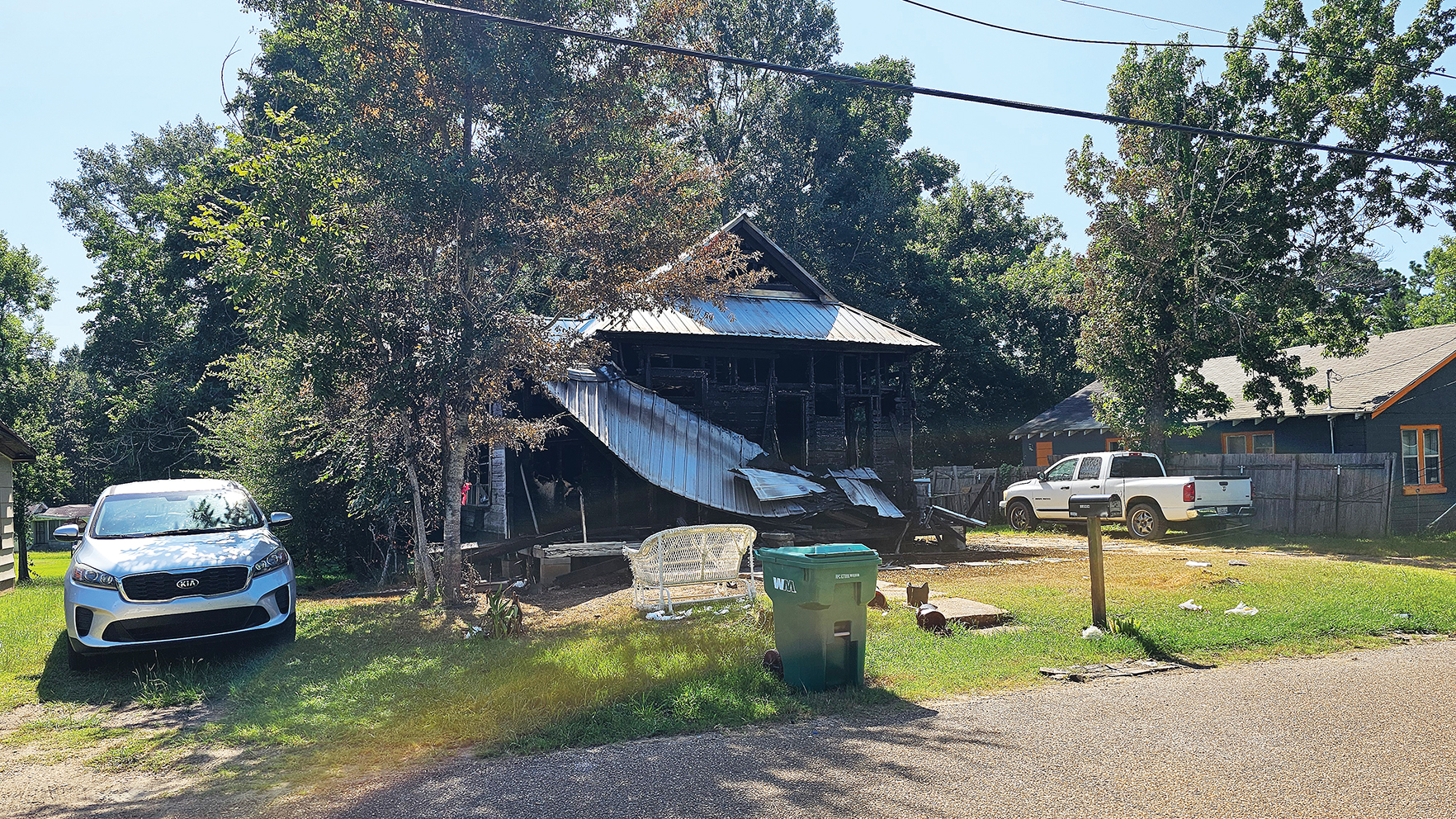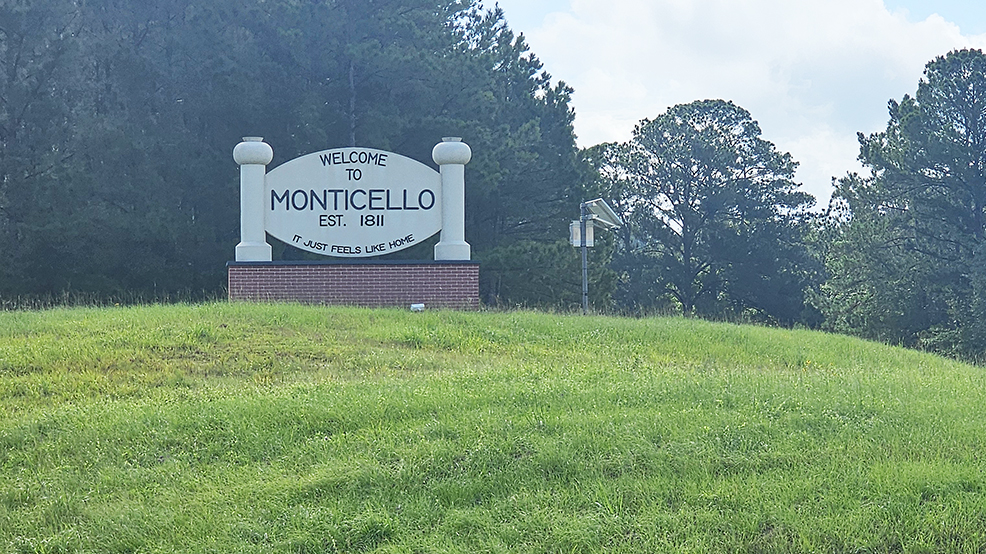Lincoln County joins suit against drug companies — More than 400 cities, counties suing opioid makers
Published 10:16 pm Thursday, May 24, 2018
One day, he works with the judge to oversee a child’s adoption, or maybe process a dead man’s will. Another day, he sits in on divorces and custody fights.
And then there are days when Lincoln County Chancery Clerk Tillmon Bishop keeps records of involuntary commitment hearings, where hurting families try to force a loved one to seek treatment for addiction to prescription painkillers. The 15th Chancery Court District is hearing more of those cases than it ever has, he said.
“I’ve been here 18 years, and I didn’t even know what the word ‘opioid’ meant, even five years ago,” Bishop said. “It breaks families up, breaks up marriages. It is a huge problem for our families today, not to mention the cost in dollars and cents.”
Trending
Opioid abuse is rising sharply across the nation and in Mississippi, and local governments are fighting back in courts by suing drug-makers and distribution companies, claiming they have misled the public about the power and addictiveness of their products. After a recent resolution by the Lincoln County Board of Supervisors, Lincoln County is joining the legal challenges.
Local attorney Will Allen of Allen, Allen, Breeland and Allen is Lincoln County’s pointman in a sweeping lawsuit by local governments in 14 states against opioid distribution companies seeking reimbursement for municipal and law enforcement expenditures in dealing with addiction patients, the establishment of education programs on the dangers of prescription opioids and the establishment of addiction treatment centers.
Allen said the Lincoln County suit alleges negligence, public nuisance complaints and racketeering and corruption charges against drug wholesalers AmerisourceBergen, Cardinal Health and McKesson Corp. Executives from all three companies testified earlier this month before a U.S. House Energy and Commerce Committee panel — chaired by Mississippi’s Gregg Harper — investigating allegations of pill-dumping in West Virginia, which has the nation’s highest rate of opioid overdose deaths.
“Those guys have an obligation under federal regulations to monitor the distribution of these drugs,” Allen said. “They’re supposed to be looking for mass-quantity shipments, frequent shipments, so they can control the amount of these opioids that get out into the public. You can look at any of the papers in the state and see there’s a very big problem with opioid abuse.”
Data maintained by the Centers for Disease Control and Prevention says almost 17,000 Americans died after overdosing on prescription opioids in 2016, and the Mississippi State Department of Health says Mississippi and other southern states have the highest rate of prescriptions for the drugs. Mississippi State Health Officer Dr. Mary Currier this week issued a standing order allowing pharmacists to dispense naloxone, an opioid antidote, without a prescription to any person at risk of experiencing an overdose.
There are so many similar lawsuits ongoing across the nation — more than 400 — they’ve all been assigned to a multidistrict litigation court in Ohio. Federal judge Dan Aaron Polster has made waves in the legal community by throwing out normal procedures and pushing for a settlement in the case. Earlier this month, Polster ordered the U.S. Drug Enforcement Administration to turn over confidential records tracking opioid deliveries to every city and county in the country.
Trending
Allen said it’s too early in the process to guess at what a settlement could look like for Lincoln County.
“It’s not going to be a big pot of money the county can put in its general fund to fix roads and bridges. It’s going to need to be used for related opioid issues,” he said. “It can be used in law enforcement, it can be used to pay medical costs. But it’s not a pot of gold at the end of the rainbow.”
Allen said the money could help reimburse cities and counties whose law enforcement agencies end up paying the costs of housing, transport and medical treatment for opioid addiction patients.
“It’s not like picking up somebody for a DUI, where you can let them ride it out in the jail and, two days later, they’re sober,” he said. “These people have to have medical attention, and we have to provide that.”
Lincoln County Sheriff Steve Rushing said the county jail houses individuals who are involuntarily committed to alcohol and drug treatment programs until a bed at those facilities opens up. Sometimes that can take up to 30 days — at a cost of $35 per day — and the number of those patients cycling through the jail is rising, he said.
Rushing said the jail had no inmates awaiting treatment slots this time last year and averaged around one each month in 2017 — earlier this month there were five.
“I can’t say specifically it’s because of opiates, but nine times out of 10 it is,” he said. “That’s the drug of choice right now. I think it’s just because of the ease of getting it — it’s so prevalent now. And it hits all aspects of life, from high society to low society. This is not a street-corner drug.”
John Douglas, coordinator for the 14th District Drug Court, said the program has 84 participants enrolled who are opioid specific — 34 percent of the program. He believes the abuse of prescription opioids is so widespread because users who obtain the drugs legally don’t believe they have a problem.
“The perception of it seems to be the problem,” he said. “They’ll say, ‘I can’t be a drug addict. It’s all authorized, all good, all clean, all scientific.’ A lot of the times, that’s the issue.”





